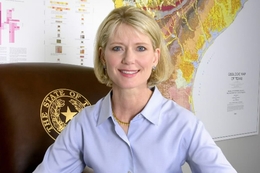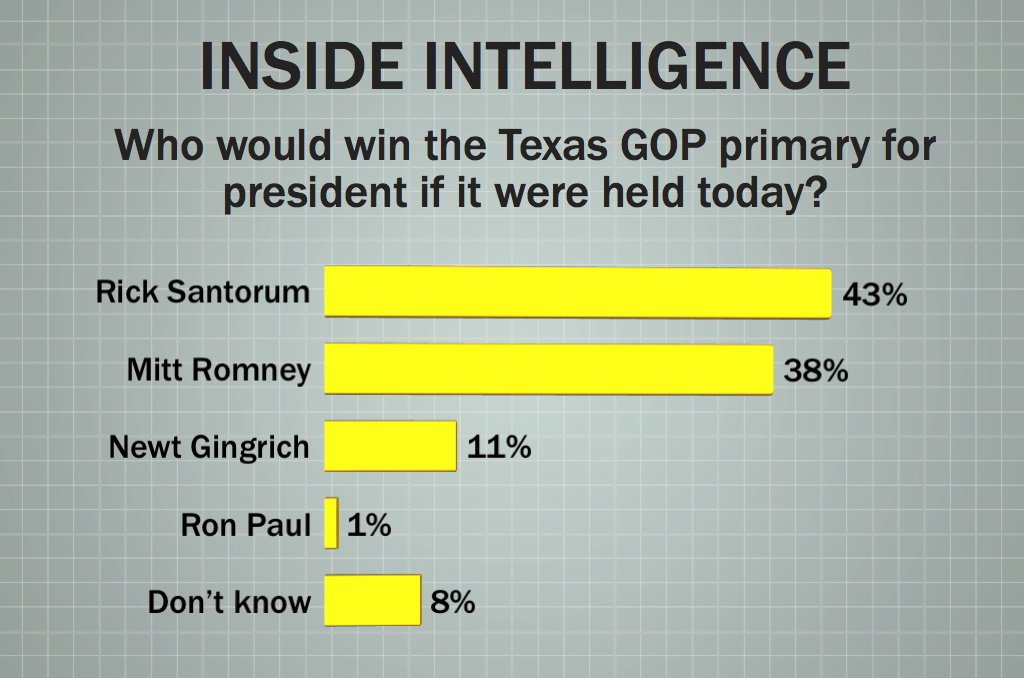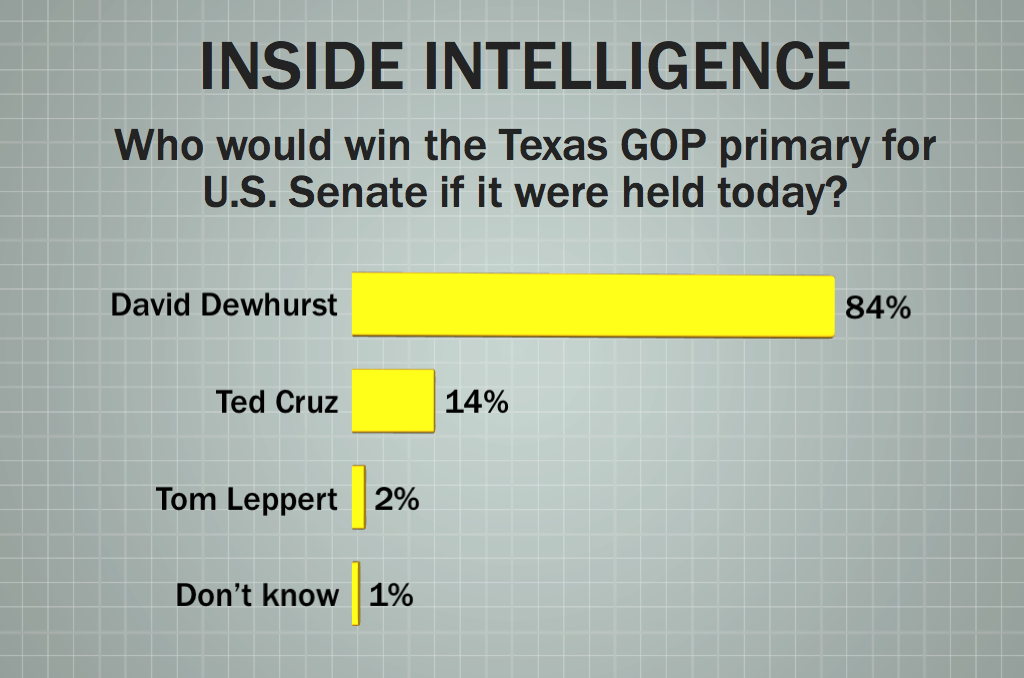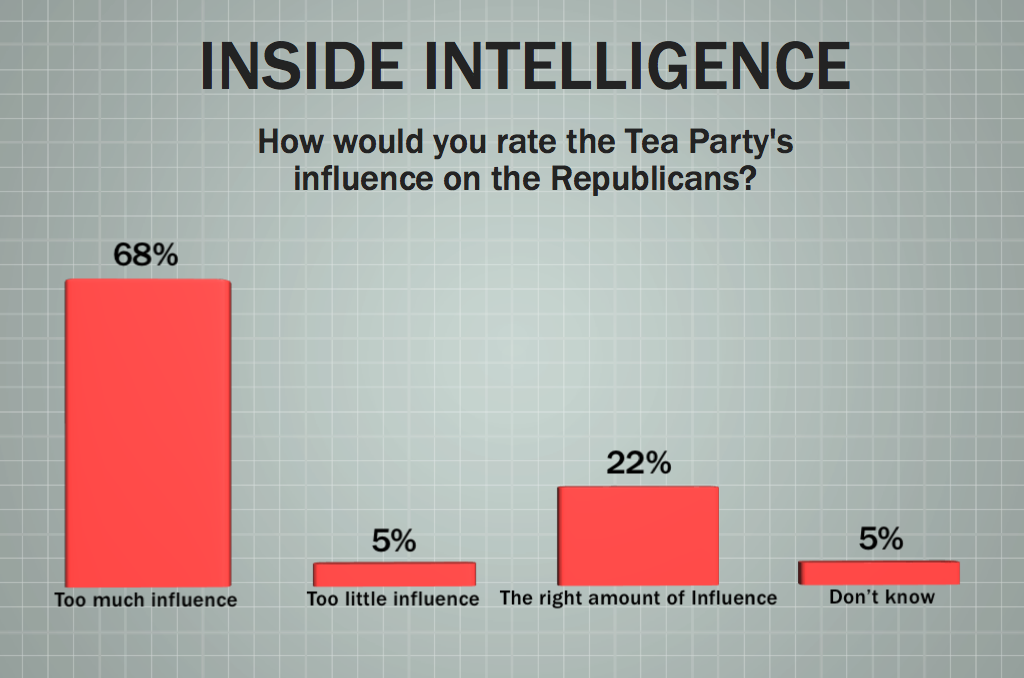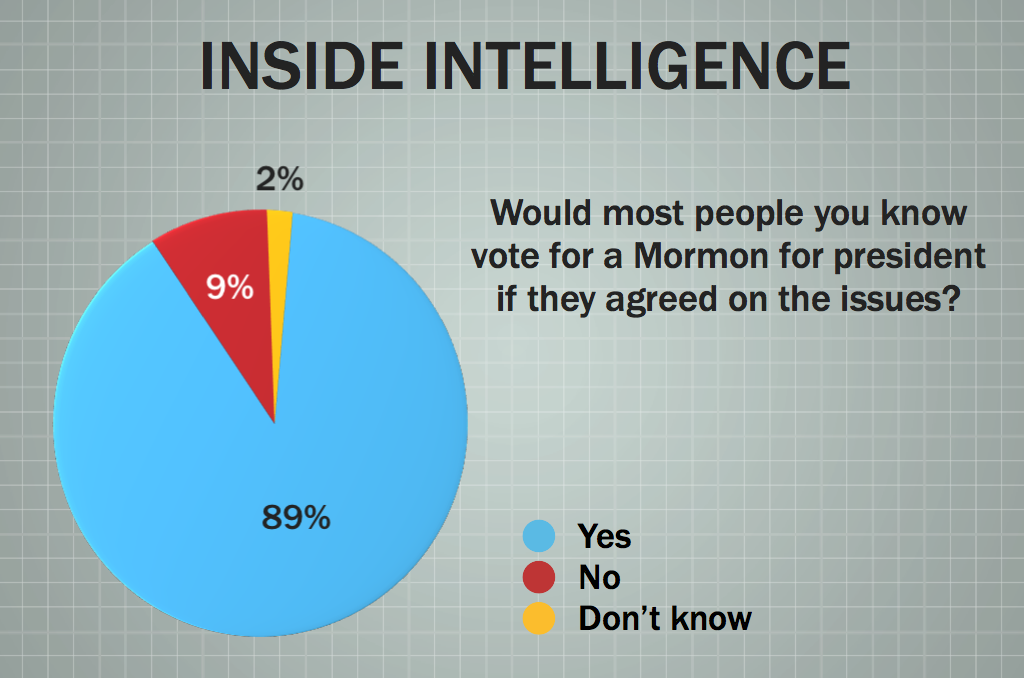
The elections are coming into focus. Kind of, sort of.
The three-judge panel in San Antonio told the lawyers that the primaries won't take place any earlier than May 29 and instructed the political parties and the state to work out the details for an election on that date — things like filing deadlines and early voting dates and so on.
That came after election administrators told the court that trying to force an April election at this late date would set at least some of the state's counties up for failure.
To get a May 29 election without causing the same problems, they said, they'll need final maps from the court by March 3.
The lawyers agreed to an interim Senate map, which is another way of saying they settled their differences, for now, over the district represented by Democrat Wendy Davis of Fort Worth. The result is a Republican district, but Davis called it a win because it's identical to what she has now — and had when she upset Republican incumbent Kim Brimer in 2008. Each side thinks they can win it in this year's elections, which makes it the rarest of things in the Texas Senate: A district that is politically competitive outside of the primaries.
As this is written, on Thursday, the parties are still trying to work out their differences in two or three districts on the state House map: HD-81 in West Texas, HD-117 in Bexar County, and HD-144 in Harris County. Some of the plaintiffs want to undo some precinct splits around the state. The various factions are still trying to settle.
The congressional maps are messier and will probably have to be settled by the judges. The districts that are publicly in question include CD-23 (Bexar to El Paso), CD-25 (Doggett), CD-27 (Nueces County), CD-33 (Dallas-Tarrant counties) and CD-35 (Bexar to Travis).
The judges are trying to guess — in a way that'll satisfy the U.S. Supreme Court — at what another panel of federal judges is going to do with Section 5 of the federal Voting Rights Act. That court has said it will take until next month to rule on whether the state undermined any existing minority opportunity districts, leaving the Texas judges to anticipate what that court will do. The judges here also have to incorporate their own findings under the VRA and the constitution, and to do it all in a way that puts maps on the table within two weeks.
If its primary is on May 29, Texas will be the seventh-to-last state to vote on presidential candidates. The last state in that lineup is Utah, which holds its primary on June 26; that also happens to be the next most likely date for the Texas election if the maps aren't in place in time for a May 29 vote. The other June states, in case it comes up next time you're playing Trivial Pursuit, all vote on June 5: California, Montana, New Jersey, New Mexico and South Dakota.
May 29th is the day after Memorial Day, for what it's worth (we've heard the argument that that hurts turnout, and the argument that it doesn't). And the runoff associated with that primary date is July 31. That'll be more expensive than a normal runoff; election administrators told the court that when schools are closed for the summer, they can charge rent if they're used for polling places. They can't do that during the school year.
Talk of a split primary all but died out after it became clear that the state didn't want to pay for it. Republican Party officials were initially for it, but a pack of their incumbent officeholders — led by Republicans in the Texas Senate — argued for a unified primary. The theory is that incumbents will do better in a unified primary where more people vote.
You can read longer versions of this week's court proceedings here and here.



